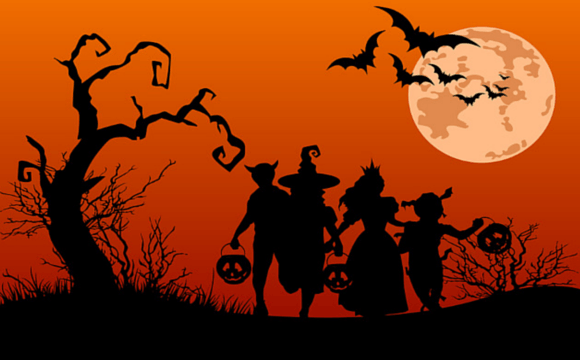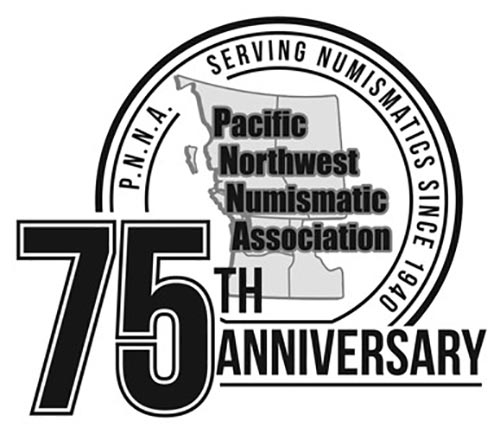
It’s that time of year again. Kids dress up in costumes, and candy is the currency du jour for children of all ages. But before Halloween became the holiday we all know, folks in Ireland and Scotland had different ways to celebrate on the same night. Their Halloween traditions didn’t involve with sweets. They celebrated with coins!
All Hallows’ Eve and All Saints’ Day
In Catholic and some Protestant traditions, November first is All Saints’ Day, which is the celebration of all Christian saints. The exact meaning of the holiday varies depending on the denomination. Many believe that this is the time when those who have passed away but not crossed over come to earth to partake in these festivities. The night before All Saints’ Day is All Hallows’ Eve, which is where Halloween originated.
Guising for Coins
All Hallows’ Eve is ripe with coin-related traditions. Before trick or treating, kids in Scotland and Ireland had their own dress-up tradition, which is still practiced today. Kids dress in costumes, also known as disguises, which is where the name “guising” came from. In 1895, guising was first mentioned. Kids were seen dressed in their disguises, holding lanterns made from hollowed-out turnips, and going from door to door gathering food and coins from neighbors. Instead of being held hostage by the idle threat of a “trick,” however, these children were asked for a simple performance, such as a song or joke, to earn their treat or coin.
Coins in the Colcannon
In Ireland, the traditional All Hallows’ Eve dinner consists of curly kale, mashed potatoes, and raw onions, a dish known as colcannon. This traditional fall dish is made special for Halloween. Clean coins are wrapped in baking paper, and stirred into the dish. Children are then given the colcannon for dinner, and allowed to keep the treasures they find. What a great way to get your kids to eat kale for Halloween dinner!
Coins in the Barnbrack Cake
Another coin tradition out of Ireland is the traditional All Hallows’ Eve barnbrack cake. The light fruit bread is baked with coins in it, and served as dessert. Just as with colcannon, the lucky children who find the coins in their piece of cake get to keep them as a special All Hallows’ Eve gift.
These Halloween traditions are a throwback to a simpler time with less emphasis on sweets and more on cold, hard currency. Who has it right? Well, the coins sound a lot more interesting to us.
Liberty Coin & Currency specializes in rare coins and currency. We are a family-owned business located in Portland and Vancouver. We also buy gold, silver, diamonds, and jewelry. Visit us first for a free evaluation.
Like this post? Let us know on Facebook, Twitter, Instagram, Pinterest, or Google+.







